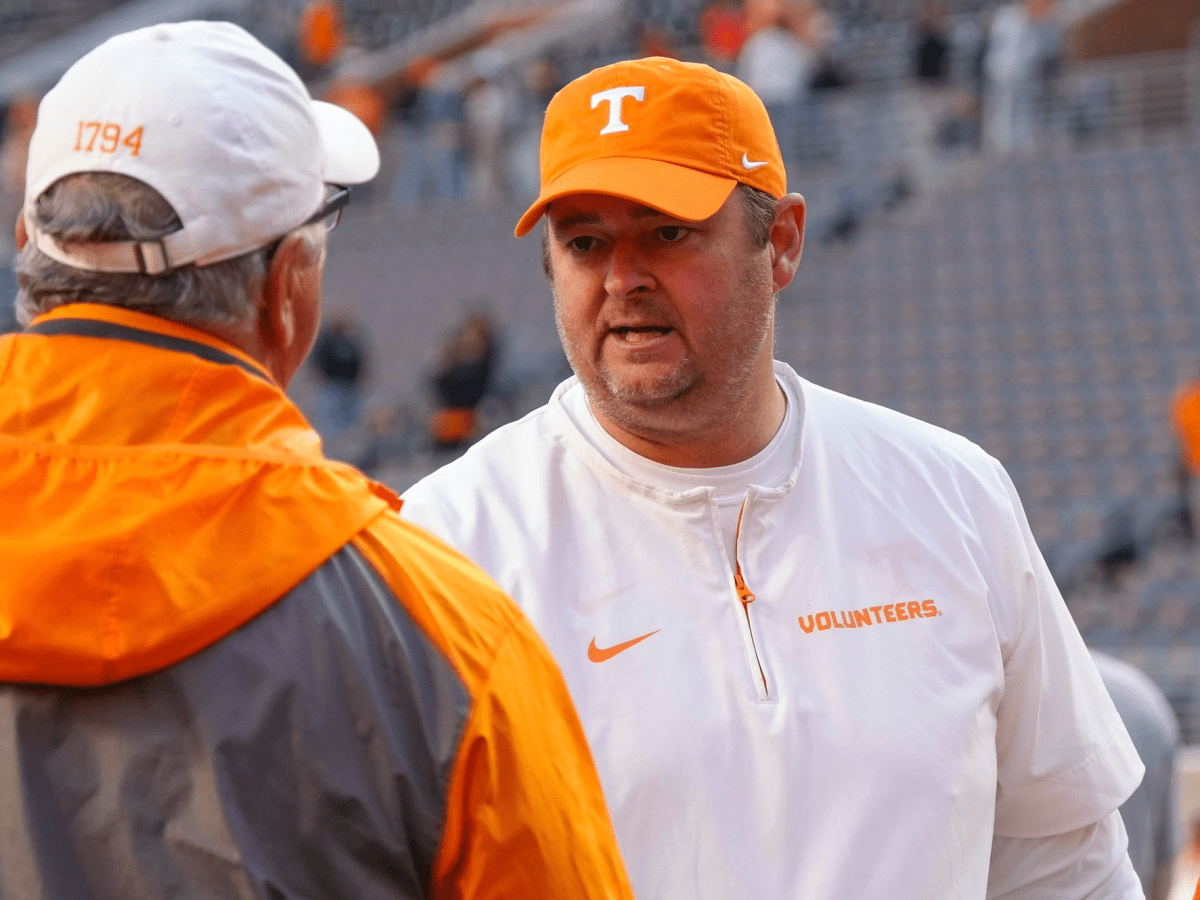 In a surprising revelation that’s making waves across the college football landscape, a new report indicates that a high-profile Power-4 quarterback recently declined a lucrative Name, Image, and Likeness (NIL) deal from the Tennessee Volunteers. The decision reportedly came down to more than just dollars—raising questions about program fit, long-term development, and internal stability within the Vols’ football infrastructure.
In a surprising revelation that’s making waves across the college football landscape, a new report indicates that a high-profile Power-4 quarterback recently declined a lucrative Name, Image, and Likeness (NIL) deal from the Tennessee Volunteers. The decision reportedly came down to more than just dollars—raising questions about program fit, long-term development, and internal stability within the Vols’ football infrastructure.
The NIL Offer That Wasn’t Enough
According to sources close to the recruitment process, the offer extended to the quarterback—whose identity has yet to be officially confirmed—was one of the largest NIL packages Tennessee has put on the table this offseason. Estimates suggest it was well into the seven-figure range, a testament to the school’s aggressive approach to luring top-tier talent amid the highly competitive NIL era.
Despite the enticing financial terms, the quarterback and his inner circle opted to walk away.
Concerns Over Program Direction
The report cites multiple reasons for the quarterback’s decision, with the most prominent being concerns about the Vols’ current quarterback development pipeline and long-term coaching stability. While Tennessee has made strides under head coach Josh Heupel, there has been speculation surrounding future coaching staff changes and the ability of the program to consistently develop NFL-ready QBs.
“Money is important, but not everything,” a source familiar with the situation said. “He’s thinking about his NFL trajectory, the offensive system, and who’s going to be in his corner two or three years down the line.”
A Sign of the Times
This decision reflects a growing trend among elite prospects who are becoming more strategic about NIL—not just taking the highest offer, but weighing it against development opportunities, coaching relationships, and overall fit. The quarterback in question is reportedly now leaning toward a program with a strong quarterback pedigree and a more stable coaching environment.
Tennessee, while still a major player in recruiting, may see this as a wake-up call to double down on internal program cohesion and player development narratives.
What’s Next for the Vols?
With the quarterback now off the table, the Vols will likely turn their attention to other prospects in the 2025 class. They remain competitive in several ongoing QB recruitments and still boast a strong offensive system that can attract elite talent. However, this episode might trigger a reassessment of how NIL packages are being presented—not just in terms of value, but vision.
As NIL continues to evolve, Tennessee’s experience here underscores a new reality in college football: money talks, but the message behind it matters even more.
